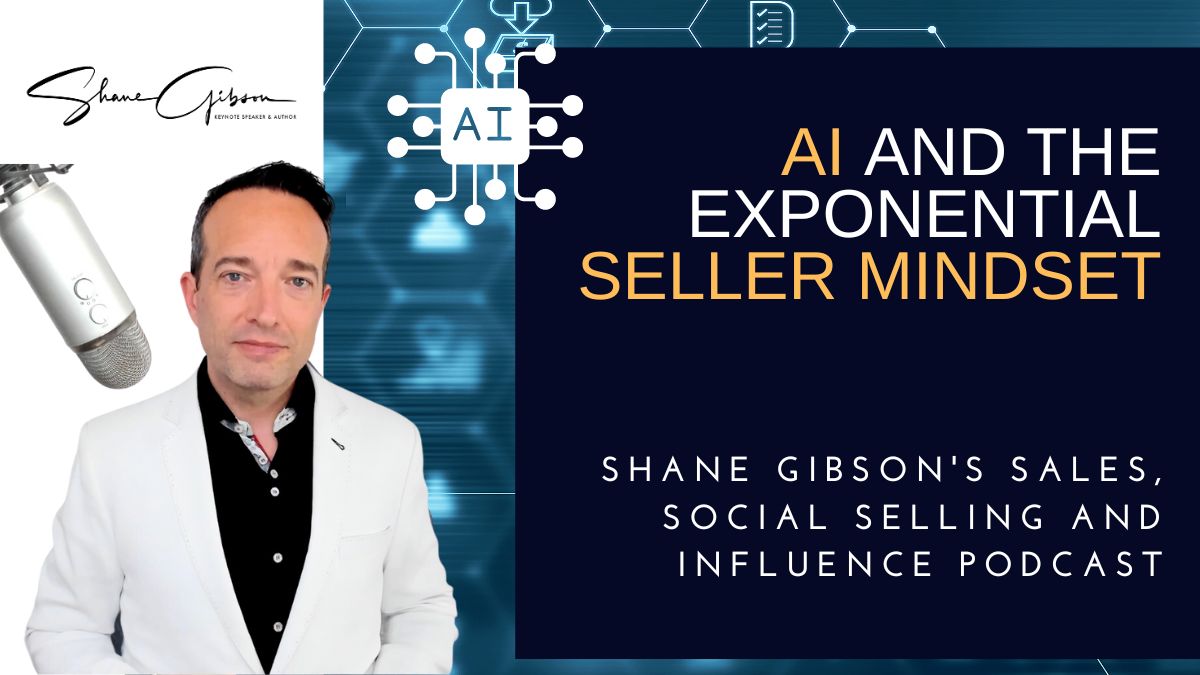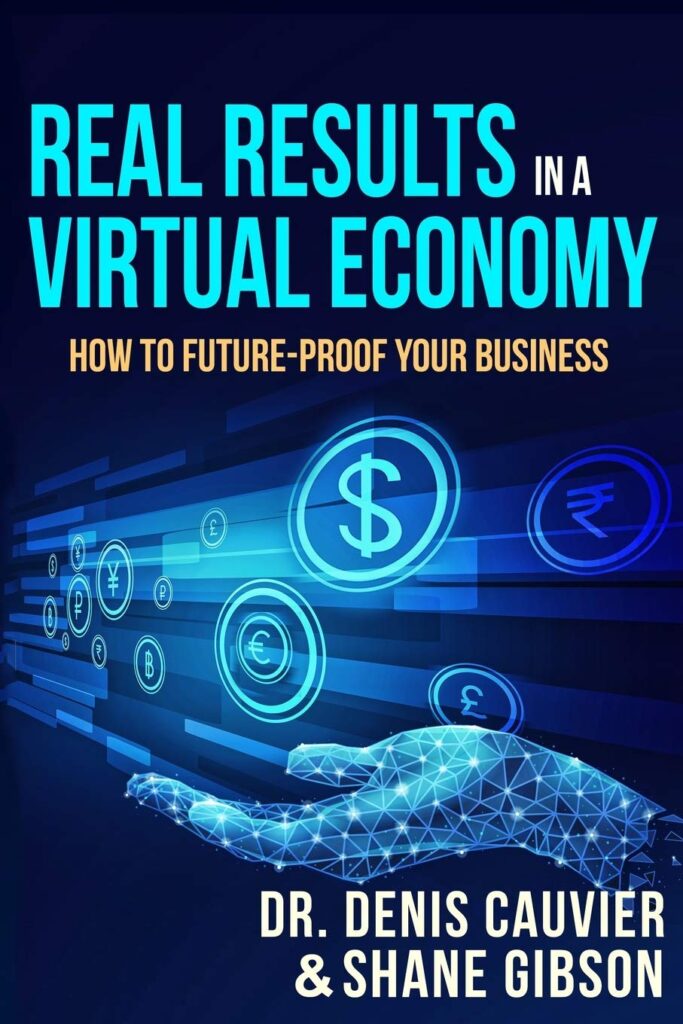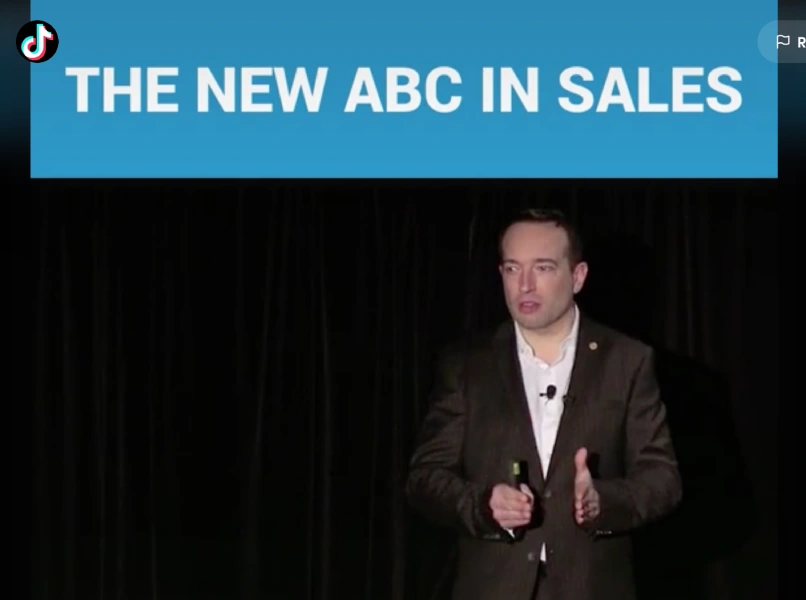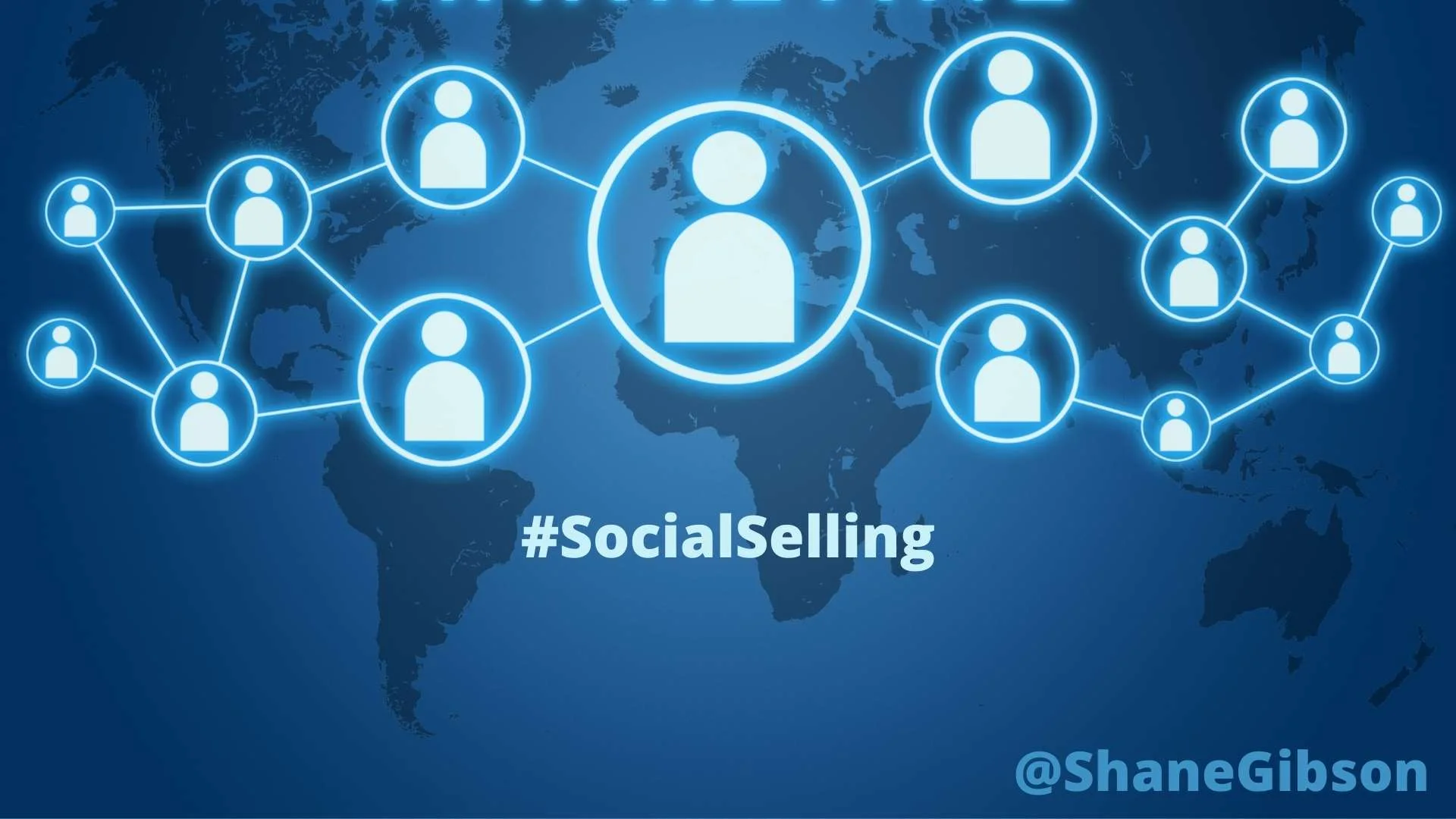AI for Sales Podcast – the Exponential Selling Mindset
Podcast: Play in new window | Download | Embed
Subscribe: RSS
AI for Sales – The Power of an Exponential Mindset in Sales Organizations
Most of my sales keynotes have been focused on AI over the past six months. There’s a huge interest in investing in AI sales tools but many organizations are missing the exponential sales mindset and organizational DNA required to truly benefit. A quick disclaimer: Parts of this sales podcast summary were written with the assistance of AI and then edited by me.
In this sales podcast episode hosted by Shane Gibson (that’s me), w delve into the importance of this mindset in conjunction with AI technology. The exponential mindset itself is just as crucial as the technology when it comes to driving sales success.
Linear Thinking vs Exponential Thinking in Sales Organizations
There’s a big contrast between linear thinking and exponential thinking within sales organizations. While linear thinking revolves around improving customer satisfaction, exponential thinking is all about building customer communities and leveraging network effects. It also is often focused on growing in one direction incrementally versus expanding in multiple directions and channels at once. In the past this was of course a recipe for fragmented attention and sales disaster – today with AI sales tools this is possible.
Here’s the Youtube version of this AI for Sales Podcast:
Here are some of the key differences between linear and exponential sales strategies:
- Market Approach: Linear companies market where the customer already is, while exponential companies leverage omni-channel expansion to seek out new and untapped opportunities.
- System Management: Linear companies dedicate their efforts to building and managing systems, while exponential companies prioritize automation and scalability of systems.
- Partnerships: Linear companies tend to form traditional industry partnerships, while exponential companies actively seek out uncommon alliances outside their usual channels.
- Market Outlook: Linear companies anticipate market trends, whereas exponential companies seek to disrupt and create market change.
- Sales Departments: Linear companies typically operate with siloed sales departments, while exponential companies foster a sales culture that permeates the entire organization.
- Training: Linear companies focus on training individuals, while exponential companies prioritize collective team learning and sharing of best practices.
- Evolution: Linear companies evolve incrementally, while exponential companies continually reinvent and disrupt themselves.
- Decision-Making: Linear companies possess hierarchical decision-making processes, whereas exponential companies empower distributed decision-making across the organization.
The Mindset and Behaviors of Exponential Sellers:
- Differentiated Buying Experience: Exponential sellers focus on creating a differentiated buying experience, going beyond simply providing a better one.
- Value per Customer Interaction: Exponential sellers prioritize adding more value per customer interaction, rather than simply making more calls.
- Selling to the Entire Buying Network: Exponential sellers understand the importance of selling to the entire buying network, not just the decision maker.
- Proactivity and Leadership: Exponential sellers take a proactive stance and lead the sales process, rather than simply reacting to customer inquiries.
- Discovery Conversations: Exponential sellers prioritize powerful discovery conversations that uncover broader solutions, rather than solely focusing on closing deals.
- Continuous Networking and AI: Exponential sellers continuously network and leverage AI technology to identify new opportunities and expand their pipeline.
- Value-driven Follow-ups: Exponential sellers focus on adding value through follow-ups, going beyond persistent follow-ups that may lack substance.
Amplifying Results with an Exponential Mindset and AI-Powered Sales Tools
Combining an exponential mindset with AI-powered tools has the potential to produce extraordinary results for salespeople and sales organizations. Core sales strategies we need to employ and then embed AI into include:
Focus on the Top 20%: Concentrating efforts on the top 20% of accounts that drive 80% of results maximizes efficiency and effectiveness.
Selling to the Entire Buying Network: By engaging with the entire buying network, salespeople gain valuable insights and influence that can significantly impact sales outcomes.
Mastering Discovery Conversations: Developing the ability to conduct powerful discovery conversations uncovers broader solutions and opens up new avenues for growth.
Continuous Networking and AI: Embracing a proactive approach to networking and leveraging AI technology allows salespeople to continuously expand their pipeline and discover new opportunities.
Automation and Augmentation: Automating mundane tasks and augmenting them with AI capabilities frees up valuable selling time, enabling salespeople to focus on high-value activities.
The key message here is don’t fall in love with AI tools themselves. The real value lies in amplifying the value delivered to customers through an exponential mindset. By combining technological advancements with a transformative exponential sellers mindset, sales organizations can unlock their true potential and achieve remarkable success.
By shifting from linear thinking to exponential thinking, sales teams can tap into a world of possibilities and achieve ambitious goals. It also sets the stage to truly scale using AI. Embracing a differentiated buying experience, prioritizing value per customer interaction, and continuously networking with the support of AI technology are just a few examples of how an exponential mindset can drive unparalleled growth.
The future of sales is AI driven and exponential in its thinking, and those who embrace it will reap the rewards.
Looking for a Keynote Speaker on AI for Sales for your next conference? Contact Shane Gibson here.












